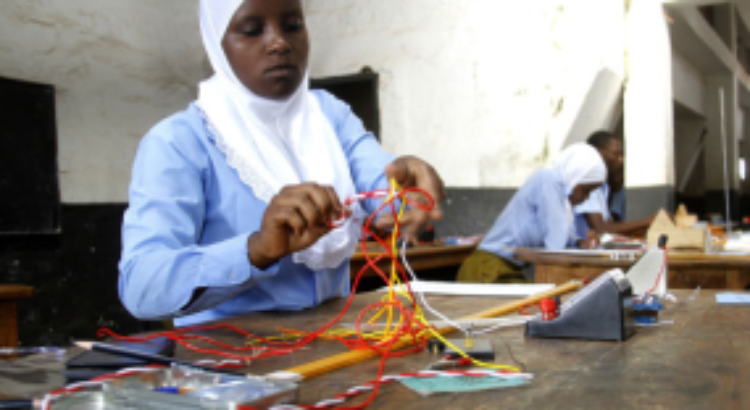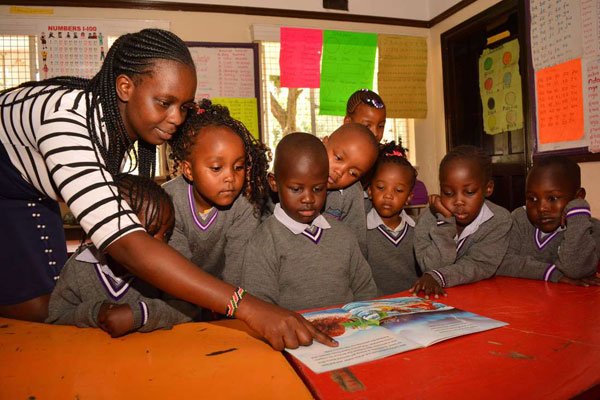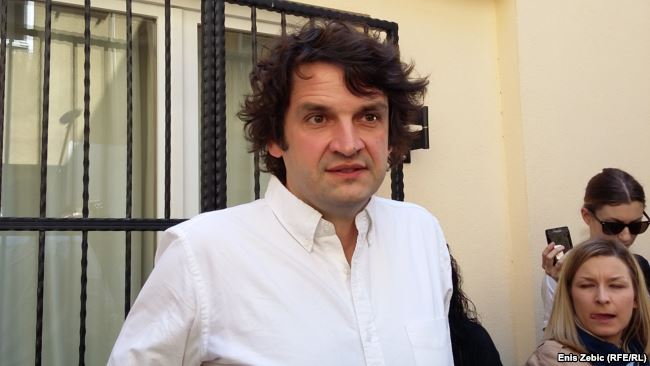Kenia / 06 de septiembre de 2017 / Por: OUMA WANZALA / Fuente: http://www.nation.co.ke/
More than 170,000 teachers who will oversee the implementation of the new curriculum in January will be trained in two month’s time.
Kenya Institute of Curriculum Development (KICD) Director Julius Jwan said the teachers will be trained in November and December.
Those to be trained are teachers handling nursery, and Class One to Three as the government embarks on competency-based curriculum.
“This term, based on our evaluation report, we cast the net wider to accommodate more teachers because so far, the feedback on the new curriculum is positive,” said Dr Jwan.
Dr Jwan revealed that printing of teacher’s guides, handbooks and pupils’ workbooks has been finalised. The workbooks will also be distribution to pupils with special needs.
SUPPORT MATERIALS
“The curriculum support materials will enrich teaching and learning. A teacher will facilitate learning by focusing more on what learners can perform and not just what they can remember,” he said.
The new system developed to replace the discredited 8-4-4 will fully be rolled out in Form Four by 2023.
Senior Deputy Director for Curriculum and Research Services Jacqueline Onyango said the curriculum designs that have been developed are comprehensive after they were revised to include emerging issues meant to improve learning.
“The curriculum designs provide suggested learning activities, teaching methodology, assessment, resources and time required to cover various topics, thus giving guidance for planning of lessons,” Ms Onyango said.
CURRICULUM DESIGNS
“The methodology of undertaking the activities, resources required and the time the activities will take must be clear in the curriculum designs,” she added.
The new curriculum emphasises on the 21st century skills that enhance graduates to acquire competence that will enable them to create jobs even as they seek to be employed. Piloting of the curriculum was concluded last term and took place in 470 schools.
According to the director, in 2019, the system will be rolled out in Standard Four to Six and in 2020, it will cover Standard Seven, Eight and Form One.
In 2021, it will be extended to Form Two while in the following year, it will cover Form Three.
Fuente noticia: http://www.nation.co.ke/news/education/170-000-teachers-to-be-trained-on-new-curriculum/2643604-4081548-s8mmidz/index.html











 Users Today : 90
Users Today : 90 Total Users : 35460107
Total Users : 35460107 Views Today : 111
Views Today : 111 Total views : 3418742
Total views : 3418742